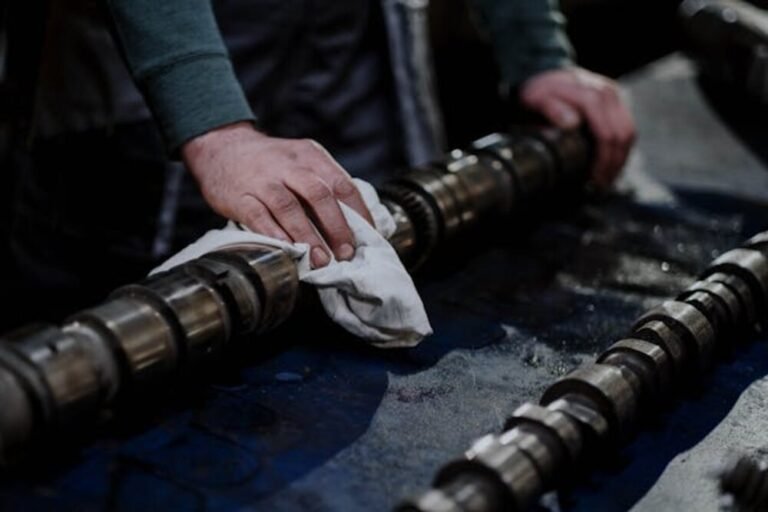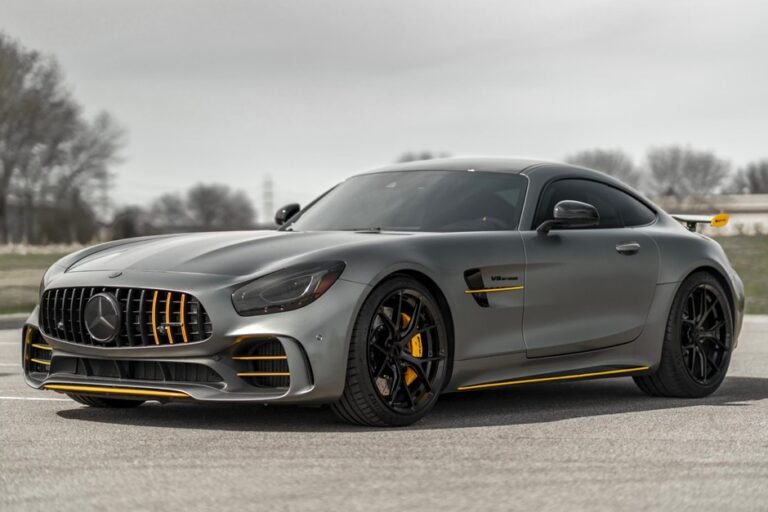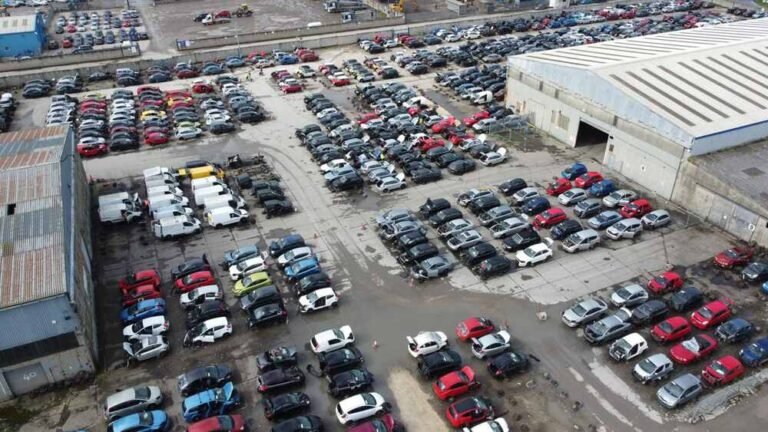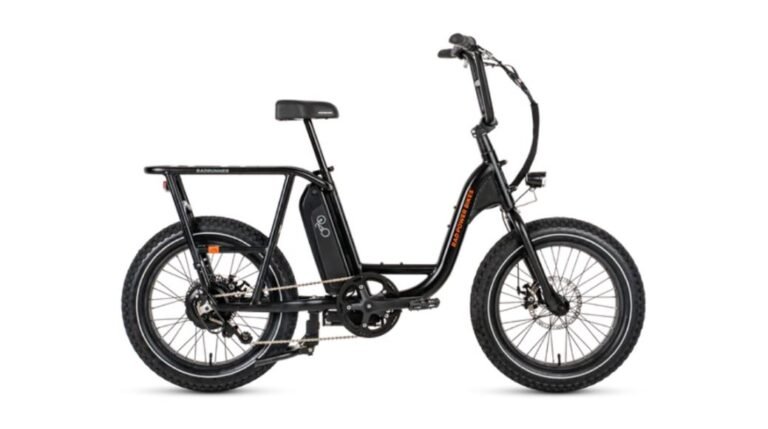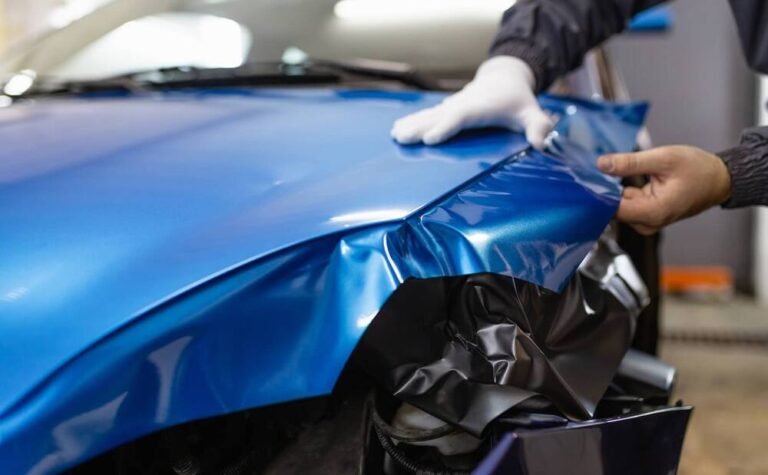Automotive Trends: How PCBs and PCBA are Shaping the Future of Vehicles
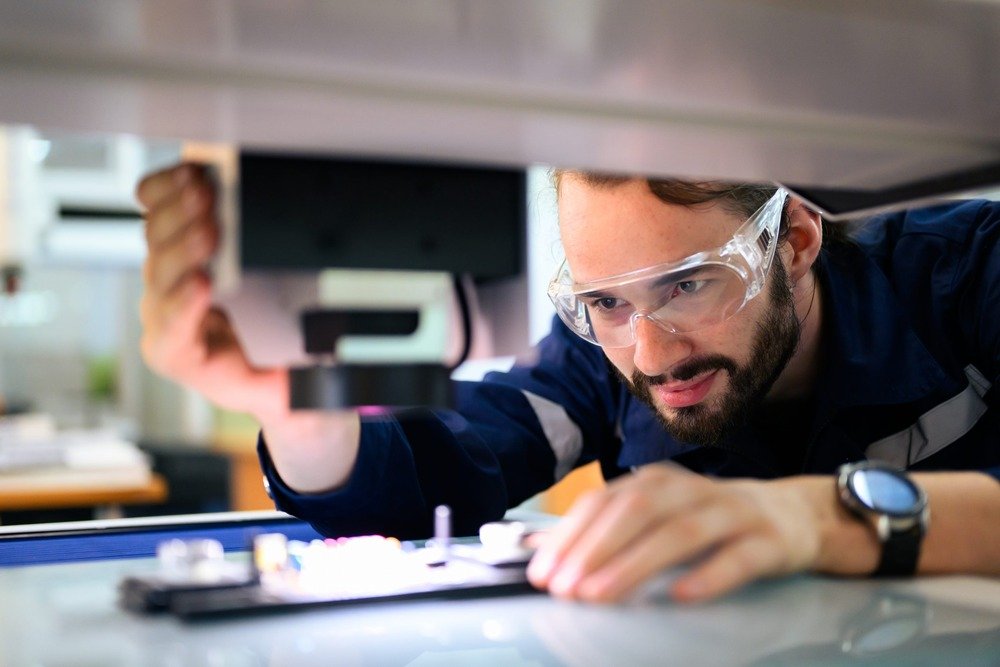
Introduction
The automotive industry has witnessed a significant transformation in recent years, with vehicles becoming more advanced, connected, and autonomous. This transformation has been made possible mainly due to the integration of Printed Circuit Boards (PCBs) and Printed Circuit Board Assemblies (PCBAs) in vehicles. These electronic components have revolutionized vehicles’ operation, paving the way for safer, more efficient, and environmentally friendly transportation solutions.
The Role of PCBs and PCBA in Vehicle Electronics
PCBs and PCBA are at the heart of modern vehicle electronics and are the foundation for various systems and components. They provide the necessary connectivity and functionality for advanced features such as:
Safety Systems:
PCBs and PCBA are crucial components of vehicle safety systems, including airbag control modules, anti-lock braking systems (ABS), and electronic stability control (ESC) systems. These systems rely on PCBs to process sensor data and make split-second decisions to enhance vehicle safety.
Infotainment Systems:
Modern vehicles have sophisticated infotainment systems that offer many features, including navigation, multimedia playback, and connectivity options. PCBs and PCBA are vital in powering these systems, providing the processing power and connectivity required for seamless operation.
Driver Assistance Systems:
PCBs and PCBA are integral to driver assistance systems, such as adaptive cruise control, lane departure warning, and parking assist systems. These systems rely on sensors and cameras that feed data to PCBs, processing the information to assist the driver in various situations.
Electric Vehicle (EV) Technology:
The rise of electric vehicles has been partly due to advancements in PCB and PCBA technology. These components are essential for managing the complex electrical systems in EVs, including battery management, motor control, and charging systems.
Future Trends in Automotive PCB and PCBA Technology
Miniaturization and Integration:
As vehicle manufacturers strive to make vehicles more compact and lightweight, there is a growing demand for smaller and more integrated PCBs and PCBA. This trend is driving advancements in miniaturization and integration techniques, allowing for more functionality in smaller packages. For example, car headlights, taillights, turn signals, etc., usually use PCB. Through PCB, lamps can implement more complex functions, such as lighting effects, brightness control, flashing mode, etc.
High-Speed Data Processing:
With the increasing amount of data being generated by sensors and cameras in modern vehicles, there is a growing need for high-speed data processing capabilities. With advancements in high-speed signal processing and data transmission technologies, PCBs and PCBA are evolving to support these requirements.
Environmental Sustainability:
As the automotive industry seeks to reduce its environmental impact, there is a growing focus on environmentally friendly PCB and PCBA materials and manufacturing processes. This includes the use of lead-free solder and recyclable materials, as well as energy-efficient manufacturing processes.
Integration with IoT and Connectivity:
The Internet of Things (IoT) is playing an increasingly important role in the automotive industry, enabling vehicles to communicate with each other and external infrastructure. PCBs and PCBA are integrated with IoT technologies to enable vehicle-to-vehicle communication, remote diagnostics, and over-the-air software updates.
Conclusion
PCBs and PCBA are at the forefront of automotive innovation, driving vehicle safety, performance, and connectivity advancements. At the same time, PCB has a wide range of applications, including the electronic products we use every day, such as smartphones, tablets, and TVs, as well as the medical industry, energy industry, etc., all requiring PCB design and PCB assembly.
As the automotive industry continues to evolve, PCB and PCBA technology will play an increasingly important role in shaping the future of vehicles, enabling more innovative, safer, and more environmentally friendly transportation solutions.

